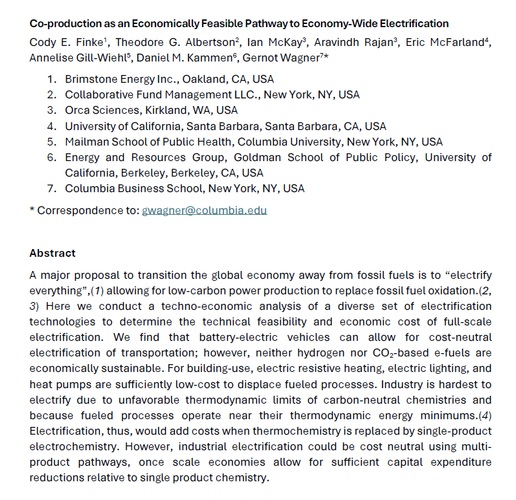WIRED: "Why You (and the Planet) Really Need a Heat Pump"
By Matt Simon

The long-term idea, of course, is to run heat pumps on power generated with renewables, not fossil fuels. But the economics are a bit tricky. Buying a heat pump is an upfront expense, and fossil fuels like gas for furnaces remain cheap. But as heat pumps grow in popularity, prices will come down, as happened with solar panels. So it’ll get cheaper to heat and cool a home cleanly, says New York University climate economist Gernot Wagner, who thinks of both of these technologies as investments. “It's like the solar panel,” he says of heat pumps. “First you spend a lot of money, right? Much less of course now than ever, but you spend the money and once you have it, you're printing free electricity.”
To make heat pumps more affordable, especially for low-income folks, governments need to offer tax breaks and hefty subsidies to incentivize homeowners and building owners to switch. (Honestly, if billionaires really cared about saving the planet, they’d pay for everyone to get heat pumps.) But officials can also ban new gas hookups, as cities like New York City and Berkeley are already doing. “Let's cut the gas line, let's put in a heat pump,” says Wagner. “It makes for a better indoor climate, it makes for a better home. It's a no-brainer.”
Quoted in: "Why You (and the Planet) Really Need a Heat Pump" by Matt Simon, WIRED, 16 March 2022.

